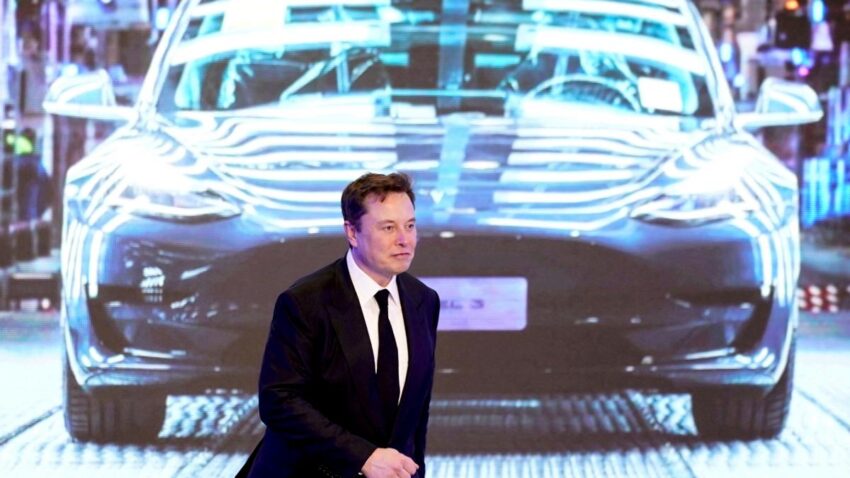Tesla has demonstrated remarkable growth in the UK automotive market, rising to become the second best-selling car in the country.
Despite the challenging market conditions caused by the pandemic and global chip shortages, Tesla’s Model 3 has emerged as a popular choice among UK consumers.
The COVID-19 pandemic has profoundly impacted global car sales, leading to a shortage of microchips that has distorted the market. Despite these challenges, Tesla’s rise is notable, marked by the decline of traditional favourites like the Ford Fiesta from the top ten bestsellers.
Battery-powered vehicles made up 11.7% of the market, with an additional 7% being plug-in hybrids. One in every four new registrations was an electrified vehicle, marking a step towards a more sustainable automotive industry.
For drivers, the benefit-in-kind tax for the Model 3 is just 1%, a stark contrast to the higher rates for traditional vehicles.
This significant gap poses a challenge for the UK, which must compete internationally to attract manufacturers while ensuring sufficient infrastructure for consumers.
Kevin Hawes emphasises that while the UK must remain competitive, it also needs to assure consumers of electric vehicle reliability and cost-effectiveness.
These incentives are integral in driving the transition towards electric vehicles and aligning corporate goals with environmental sustainability.
In conclusion, Tesla’s ascent in the UK car sales rankings underscores the shifting dynamics in the automotive industry towards sustainable solutions. The popularity of the Model 3 among businesses highlights the economic and environmental advantages of electric vehicles. The future of the UK car market appears poised for further electrification, contingent on addressing infrastructure challenges.
Tesla’s rise to prominence in the UK market signifies a pivotal shift towards electric vehicles, driven by both innovation and economic incentives.
As the market continues to evolve, Tesla’s success story may serve as a blueprint for other manufacturers navigating the transition to sustainable transport solutions.

